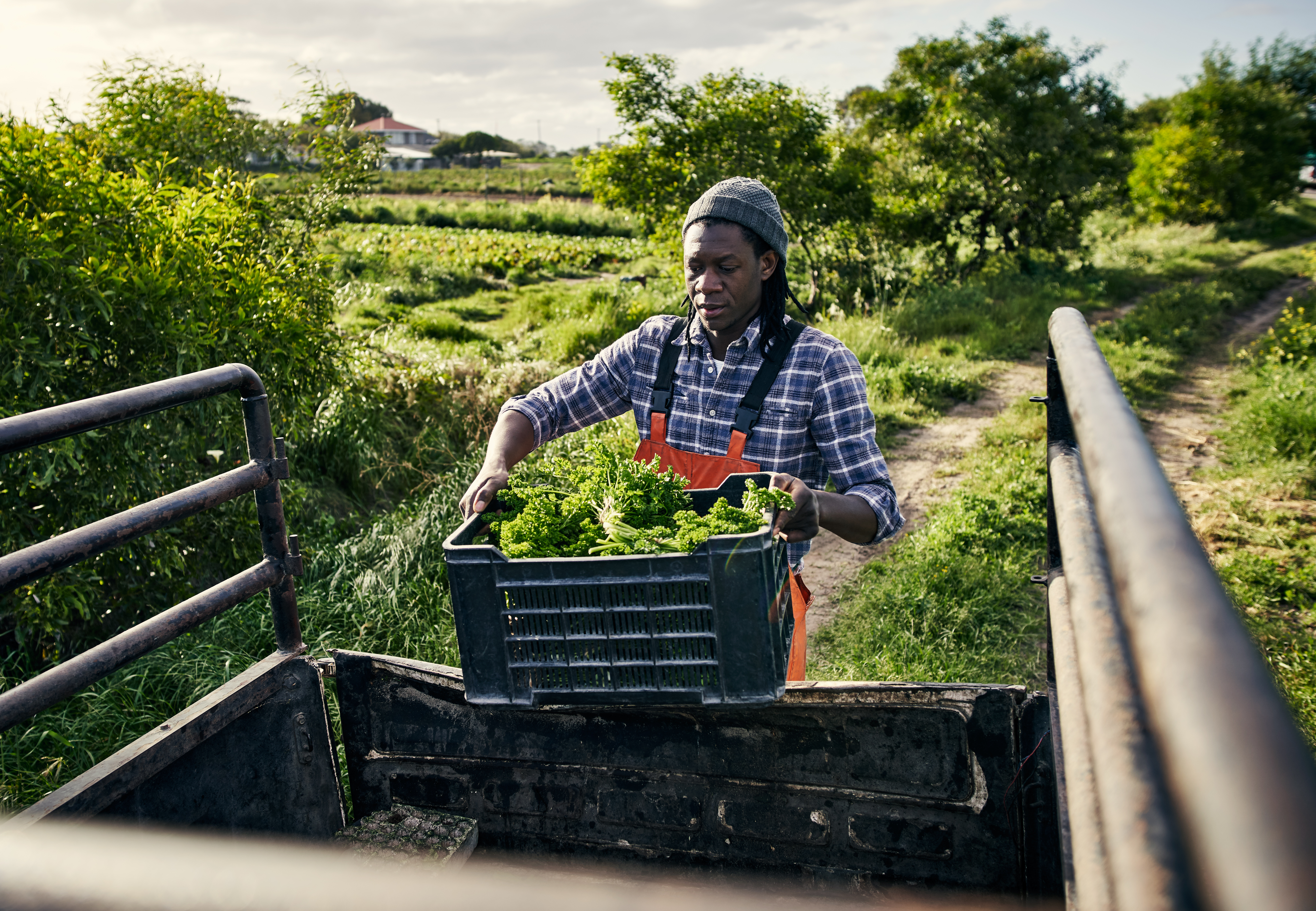Home » Keywords: » food security
Items Tagged with 'food security'
ARTICLES
How Global Nutritional Standards Could Pivot to Harmonization for Safer Foods
Why harmonization is vital for industry and for consumers
August 22, 2021
Study shows global food safety issues increase in meat, poultry, seafood and dairy
For example, hazard reports for meat and meat products increased by 30.3% in Q4.
May 17, 2019
Maple Leaf Centre for Action on Food Security announces new partner funding
Funding these forward-thinking initiatives, which range from addressing on-campus student hunger to creating a multi-stakeholder food security community of practice, will yield important insights and outcomes.
October 12, 2017
Never miss the latest news and trends driving the food safety industry
eNewsletter | Website | eMagazine
JOIN TODAY!Copyright ©2025. All Rights Reserved BNP Media.
Design, CMS, Hosting & Web Development :: ePublishing











